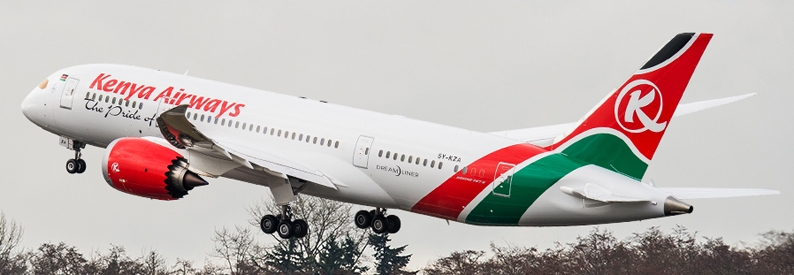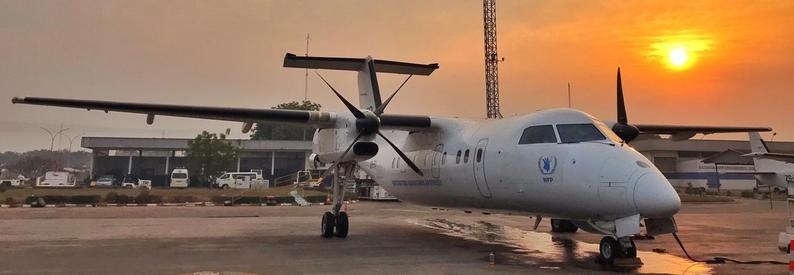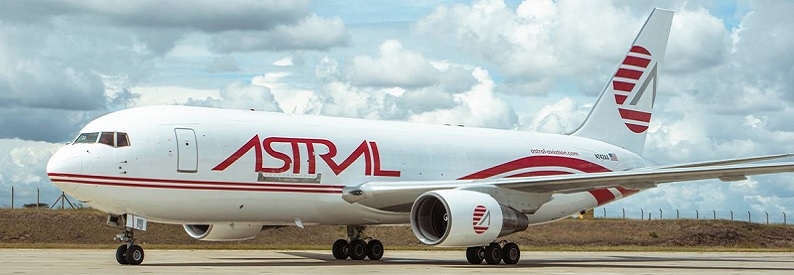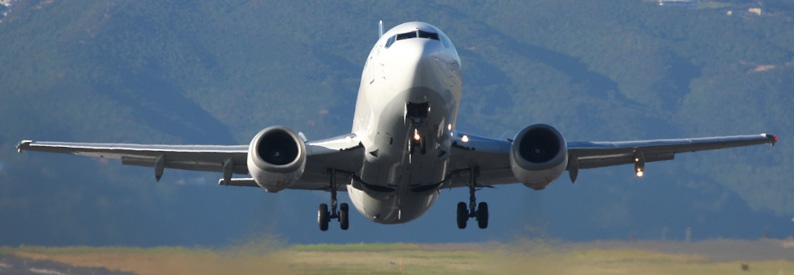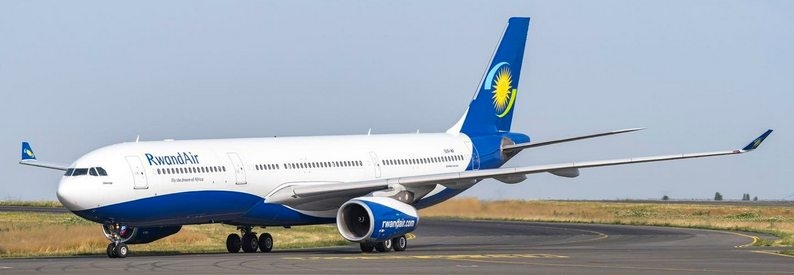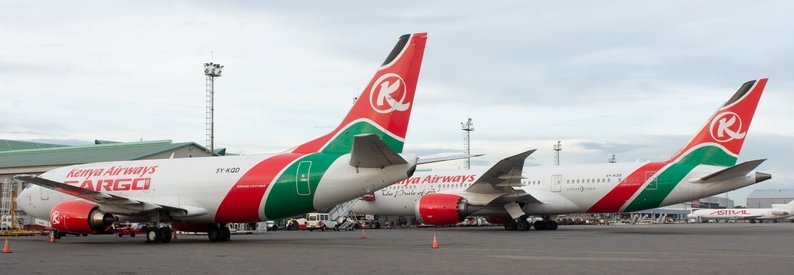Astral Aviation (8V, Nairobi Jomo Kenyatta) and Emirates SkyCargo, the cargo arm of Emirates, have signed a Memorandum of Understanding (MoU) to expand cargo interline options and block space agreements to enhance connectivity and boost reach in Africa.
Astral CEO Sanjeev Gadhia described the step as "pivotal" in the companies' 15-year commercial partnership, reflecting their shared vision to elevate air cargo solutions to, from, and within Africa. "Together, we will unlock new opportunities, driving innovation and strengthening global trade connectivity," he commented in a joint statement.
Emirates SkyCargo's divisional senior vice president, Badr Abbas, noted the growth potential in Africa. "This partnership with Astral Aviation solidifies our longstanding commitment to the market, creating mutually beneficial economic opportunities to keep goods flowing quickly, reliably and efficiently," he said.
With hubs at Nairobi Jomo Kenyatta, Nairobi Jomo Kenyatta, Liège, and Dubai World Central, Astral Aviation operates an intra-African network of 50 destinations served via scheduled and ad-hoc charters, matched with Emirates SkyCargo's global network of over 145 destinations and a fleet of passenger aircraft and dedicated freighters.
The Kenyan carrier plans to expand its fleet in 2025. It currently operates one B737-400(SF) on lease from Avmax Aircraft Leasing and one B767-200(SF) acquired in a on a sale/leaseback deal with Avmax. Gadhia previously told ch-aviation he plans to add one B767-300F by the first quarter of 2025, another B737-400 (SF) in the second half of 2025, and is looking at adding two B737-800 next-generation freighters in 2026 and 2027.
Emirates SkyCargo operates a fleet of ten dedicated B777-200Fs (of which two are currently in maintenance), according to the ch-aviation Commercial Aviation Aircraft Data module. It also wet-leases five B747-400 freighters on a long-term basis.
The agreement comes after the United Arab Emirates and Kenya signed a landmark Comprehensive Economic Partnership Agreement (CEPA) in January to accelerate trade and investment in agriculture, infrastructure, healthcare, travel and tourism, financial services, and renewable energy. Overall, the African Continental Free Trade Area (AfCFTA) aims to increase Africa's exports to the rest of the world by 32% by 2035.

